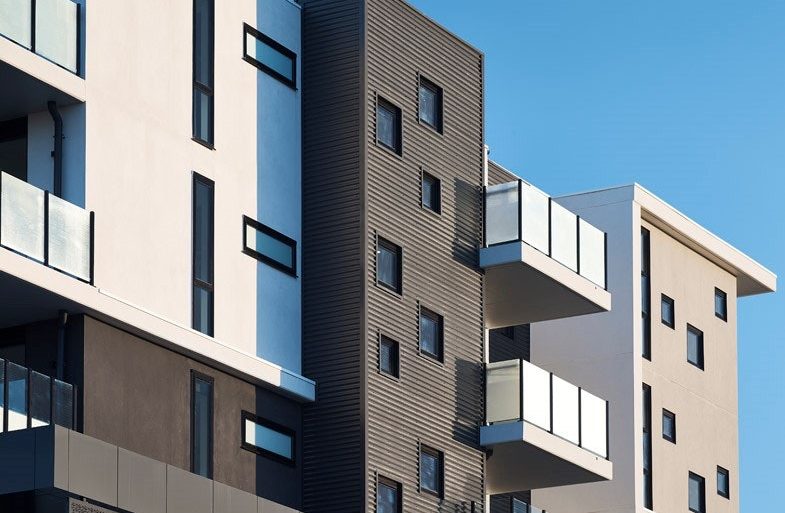The Federal Opposition’s promise to create a $10 billion Housing Australia Future Fund is an important step in continuing to bolster social and affordable housing as part of the diversity of options needed.
The Urban Development Institute of Australia – the nation’s peak body representing the property development industry – said the proposal was a welcome contribution.
“We need to keep exploring new mechanisms to add to the mix of housing options, including social and affordable housing,” said UDIA National President, Simon Basheer.
“The ultimate objective of boosting housing supply and closing imbalances in the market is one we need all tiers of government to stay laser-focused on, but social and affordable housing can play its part.
“A continued focus on bolstering supply, exploring innovative financing mechanisms and partnering with the private and community housing sector is essential.
“New models of financing, developing and managing social and affordable housing are being advanced by governments at all levels, and the Opposition’s pledge is a welcome extension to the debate.”
Mr Basheer said proposals for social and affordable housing need to be viewed in the context of the underlying, structural deficit on housing supply that continues to put pressure on housing affordability.
“The long-term goal is simple – producing a sustained pipeline of additional supply to meet the demands of population growth and deliver a more balanced market.
“We’ve witnessed a record year of housing production in some markets and making that a durable baseline is the best remedy for the challenges homebuyers seeking to enter the market currently face.
“That is why we would also urge Labor to clarify its position on the negative gearing and capital gains tax discount policies it took to the last election.
“These policies would have the effect of disrupting housing markets and undermining the delivery of much-needed rental stock – without making a material difference to prices.
“Housing and construction generates 7.5 percent of the nation’s GDP and directly and indirectly generates approximately 750,000 jobs.
“The industry fuels national prosperity and has played a crucial role in supporting economic growth during the economic downturn caused by COVID-19.”

